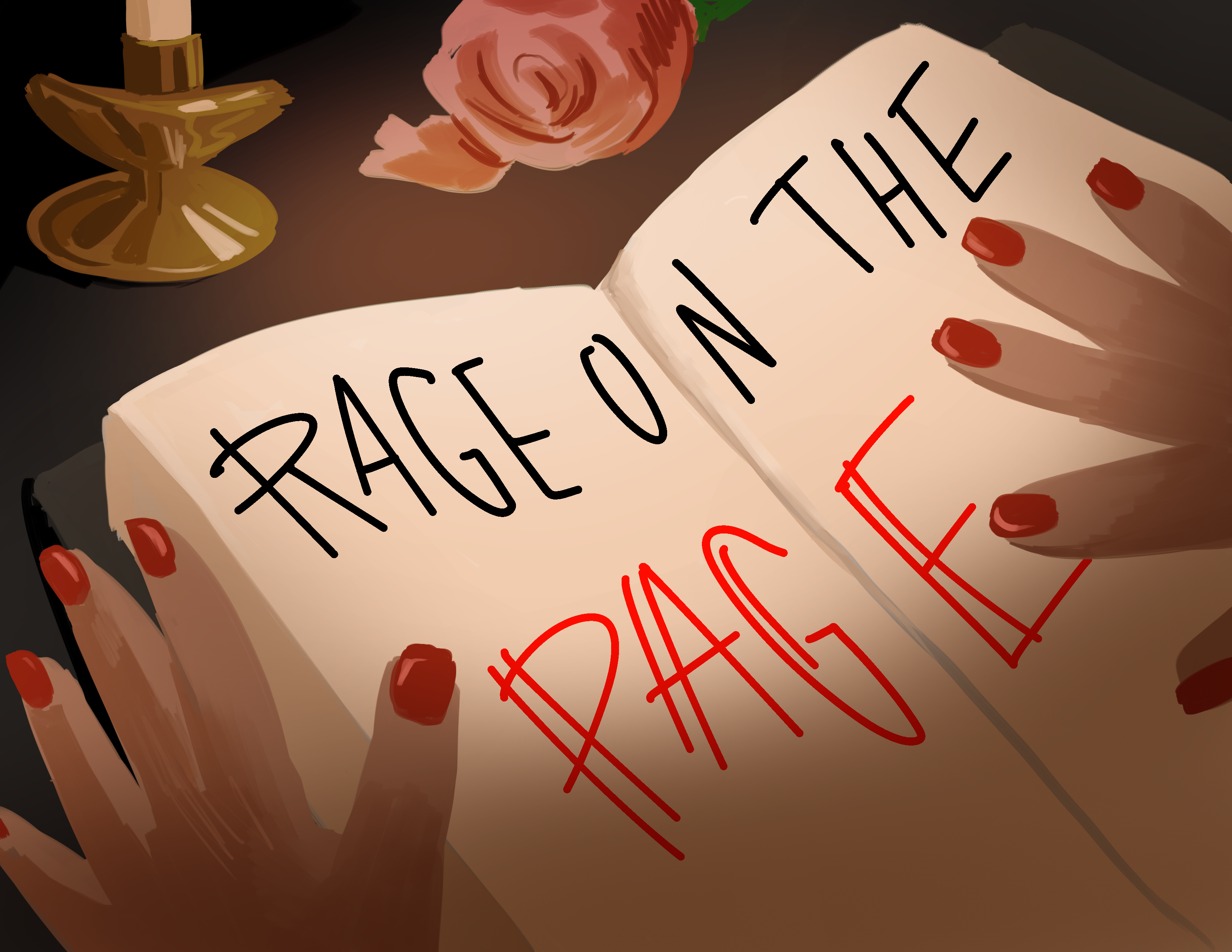In her column “Rage on the Page,” Melisa Guleryuz ’27 reviews books about anger in women’s literature.
Editor’s Note: This article is a review and includes subjective thoughts, opinions and critiques.
“I wake up and I’m sore. I must have had a really intense dream about exercising,” the character of Millie muses.
Welcome to the world of “The New Me,” Halle Butler’s blistering, darkly hilarious second novel — a biting portrait of a woman unraveling quietly, messily and without a single ounce of grace.
Butler holds a mirror up to modern ennui, late capitalism and the soul-killing illusion of self-improvement, and the result is 190 pages of deadpan existential dread that feels like getting punched in the face by a temp agency.
Our narrator, Millie: a 30-year-old temp with no long-term job, no long-term plans and possibly no long-term will to live — is stuck in a loop of mild humiliation. She sleeps late, microwaves Lean Cuisines and bounces from one pointless administrative gig to another, all while fantasizing about becoming a “whole new person,” even though she can’t even commit to flossing.
“I could start going to a gym. I could become incredibly fit and wear sleek clothes. I could walk with purpose, into a variety of rooms. I could have my pick of sexual partners. I could be someone who receives texts, instead of someone who sends them,” she imagines.
Butler sets most of the novel in the hellish beige of office culture, particularly within the shiny, soul-sucking marketing firm where Millie temporarily lands a job. Millie is the embodiment of modern disaffection: overeducated, underemployed and spiraling slowly in the endless feedback loop of late-stage capitalism. Her inner monologue is razor-sharp and acidic, cutting through any lingering myths about “doing what you love” or “finding your passion.”
“I’m trying to project competence and friendliness. I’m trying to act like someone who is not being watched while trying to project competence and friendliness. I’m trying to act like someone who is not trying to act like anything,” Millie thinks.
If that quote makes your stomach lurch in recognition, congratulations: you’ve probably been in your 20s.
Though it’s easy to read this book as bleak (and it is), it’s also scathingly funny. Butler doesn’t just poke fun at office life — she flays it. The artificiality of workplace culture, the performative enthusiasm of job interviews and the empty calorie optimism of wellness culture are all dragged into the fluorescent light. Millie’s interactions with co-workers are so stilted they verge on absurdist comedy, particularly her scenes with Karen, her faux-friendly, passive-aggressive boss.
“[Karen] wants me to know that she’s talking about me to other people. She wants me to feel watched and judged. And I do. She’s doing a really good job,” Millie thinks.
The novel’s humor works because it’s soaked in honesty. There are no grand epiphanies, no glow-ups, no Instagrammable redemption arcs. Millie doesn’t fix herself by the end of the book — she merely survives. And that’s the point.
In a world saturated with “relatable” female protagonists who cry prettily into oat milk lattes, Millie is a breath of fresh, cigarette-stained air. Her cynicism, detachment and rage feel not only justified but necessary — a kind of resistance to the toxic positivity culture that tells us burnout is a sign of moral failure, not systemic collapse.
Butler writes Millie as someone caught in the purgatory of potential: smart enough to know she’s flailing, but too demoralized to fix it. The result is a novel that doesn’t ask you to feel good — it asks you to feel seen. It’s a book for anyone who has ever stared at their email inbox with a blank mind and a soul made of lint.
If you’re looking for a tidy story of redemption, look elsewhere. But if you want a devastatingly accurate, darkly comic portrait of what it means to feel obsolete in a world obsessed with reinvention — well, Millie’s got something to show you.
Just don’t expect her to smile while she’s doing it.
